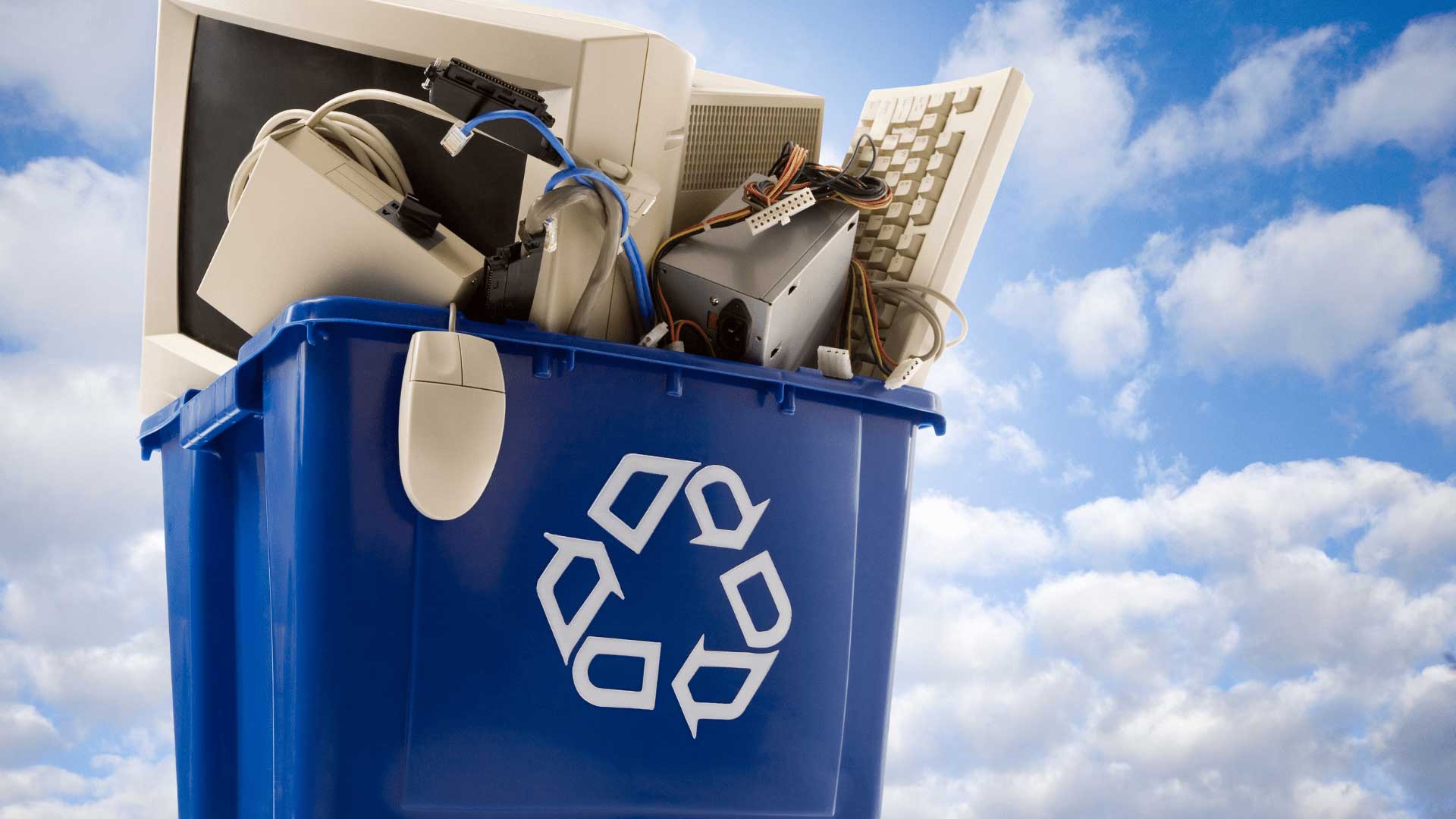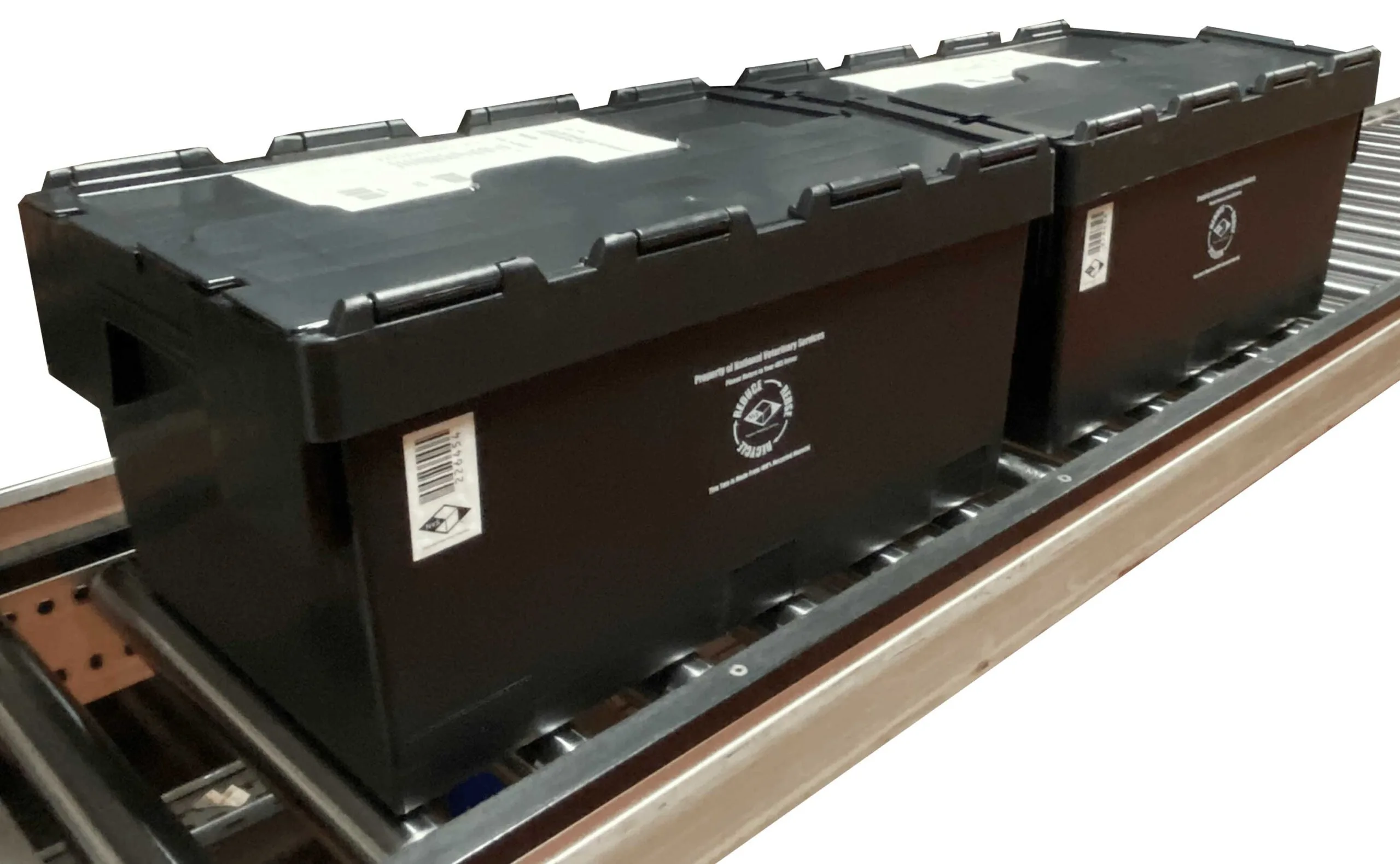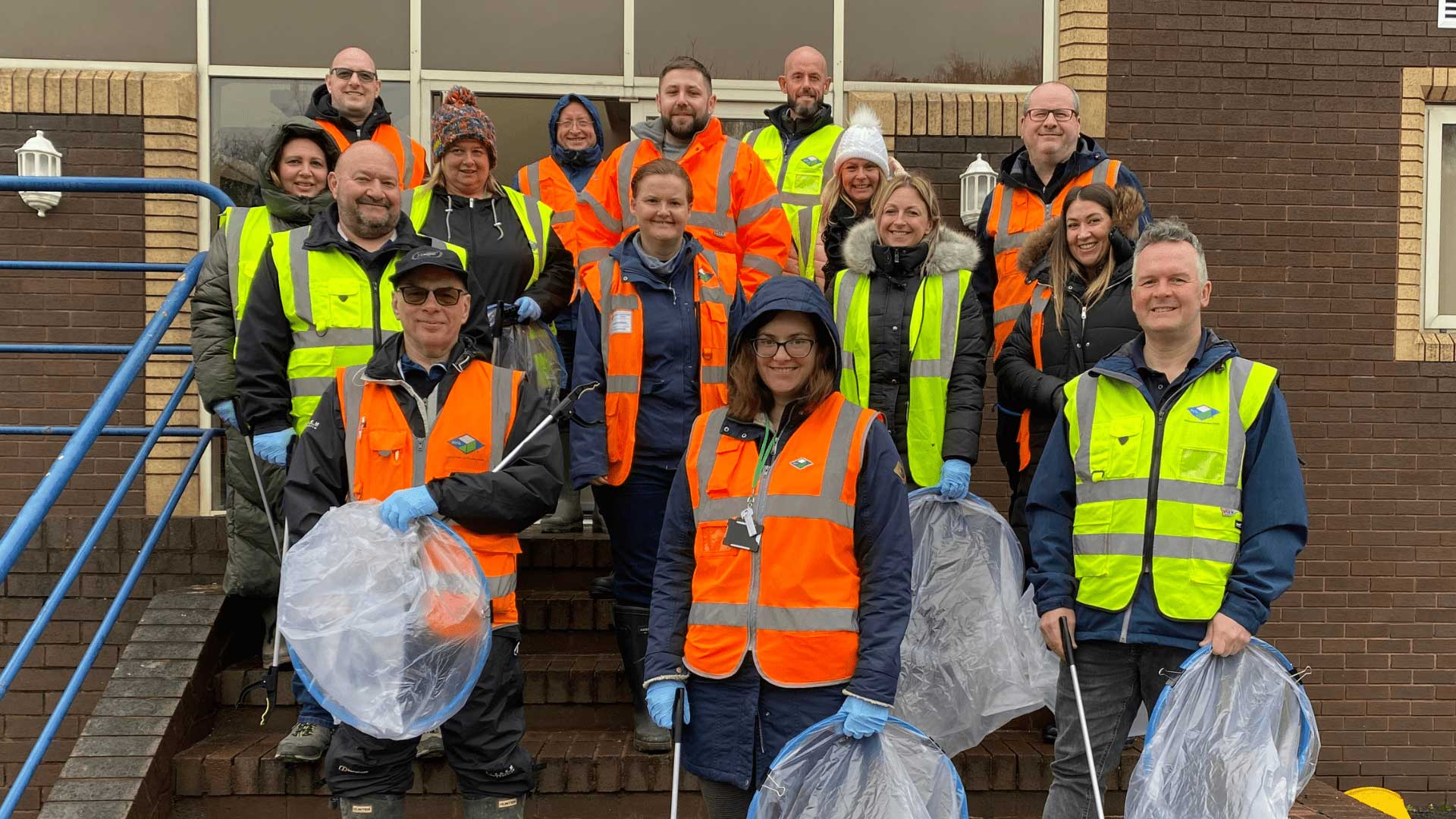
What happens to our redundant IT equipment?
Electrical and Electronic waste can’t simply be binned. Legislation, such as the WEEE Regulations, obliges businesses and individuals to recover, reuse and recycle this waste. Aside from preventing the plastics, precious metals and hazardous chemicals from ending up in landfill, many of the components we consider as end-of-life can be reused by others.
So, what is WEEE?
Waste Electrical and Electronic Equipment covers a wide range of goods, from computers and iPads to fridges and dishwashers, drills, toys, toasters and irons. In fact, if it has a plug or a battery, the chances are it’s WEEE.
How does NVS deal with WEEE?
The “WEEE Shelves” in our IT Department gradually get filled up with broken monitors, printers, computers, cables and all manner of similar equipment. This is our holding area and when it’s nearly full, we call on our recycling partner EEE4Disadvantaged to come and collect it.
Who are EEE4Disadvantaged?
NVS has been working with EEE4Disadvantaged since 2018, and we send them an estimated one tonne of WEEE every year. EEE4 is a Stoke-based registered charity that employs people with physical and mental health problems, providing them with training and education, assisting them to integrate into wider society and giving them valuable skills to improve their employment prospects.
EEE4 is licensed to transport and treat the waste we (along with other businesses and schools) generate. All waste is itemised and assessed before deciding how best to treat it. Some equipment is refurbished and sold, while some may be disassembled for its component parts to be reused, for example making a new computer from the components of several old ones. Parts that can’t be reused are further broken down so that the raw materials can be recycled. Hard disks and other data-bearing materials are handled securely and EEE4 issues a certificate of destruction, so we know our data is being safeguarded.
What does EEE4 do with the computers they build?
EEE4 sells the rebuilt/refurbished computers to generate income to support its charitable operations. Laptops are available from as little as £40.


